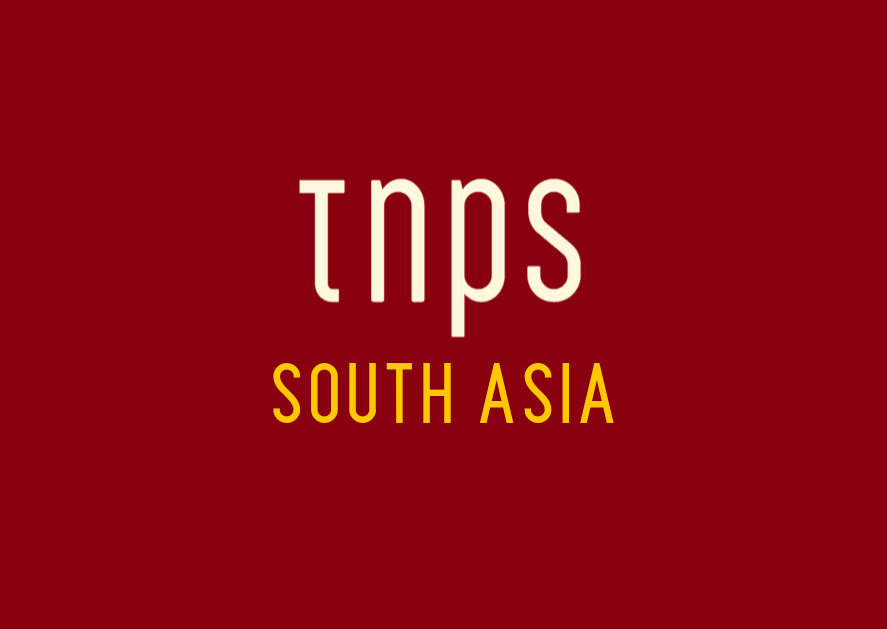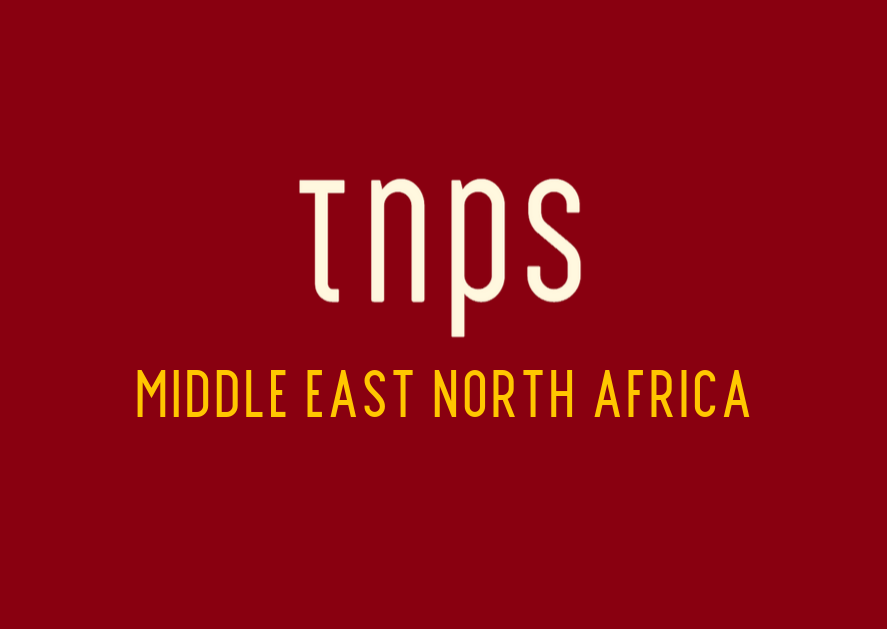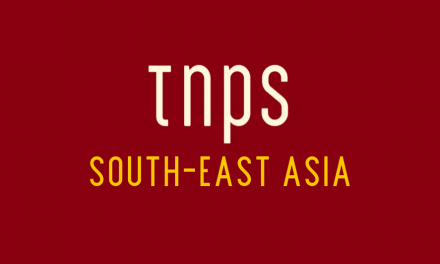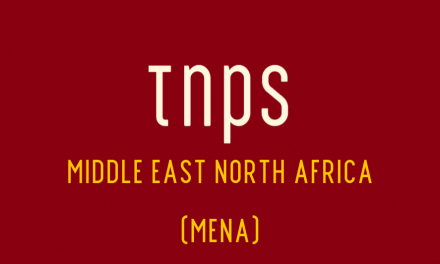While Big bad Wolf opted out of an in-person event for Sri Lanka this year and prepares an online event with 20 million books lined up, the Colombo International Book Fair’s main concession to the digital New Normal is online registration for an in-person event with compulsory masks and distancing
This year’s Colombo International Book Fair will be held from September 18 to 27 at the BMICH but that’s where the similarities with the regular annual event will end.
In a concession to the times, visitors can register online in advance to avoid Covid-19-testing queues and walk straight in, but with no overseas participation, compulsory masks and a 2-metre distancing rule the event and no expectation of a full turnout of domestic visitors, what price trying to carry on as normal?
The contrast with the Big Bad Wolf event that comes a few weeks later could not be starker.
For several years now Big Bad Wolf has run its 11-day 24/7 flash sale in Sri Lanka’s capital, Colombo, shipping in 1.5 million English-language books for the event.
But this year the Sri Lanka Big Bad Wolf event will be online and nationwide, with 20 million (no typo!) books up for grabs across the island.
The logic is impeccable – even without the current pandemic-imposed restrictions any in-person event can only be accessible to those who can travel to the event on the day, and for many outside the capital that might not be practical or affordable. An on-line event, by contrast, opens up the entire island or even the world, in the case of an international book fair.
In that respect the decision not to go for an online Colombo International Book Fair this year is both surprising and disappointing. While Sri Lanka’s handling of the Covid-19 crisis has been impressive – just 3,234 cases and 12 fatalities as this post goes live – the non-engagement of foreign publishing parties in the in-person event drives home the missed opportunity for the fair itself and for the industry.
With the two events both happening in the space of a month it will be interesting to see how the reviews and numbers stack up once the post mortems begin.
Visit the Colombo International Book Fair website here.
Follow the CIBF on its new twitter account: @cibf2k20 #cibf2k20






I think this is a very biased article. The writer obviously does not understand the lifestyle of the average Sri Lankan. While most Sri Lankans converse in English adequately, they read more in their mother tongue – Sinhala or Tamil. As far as I know, Big Bad Wolf does not have books in those languages. You have also not taken into account the infrastructure that is needed to host an online exhibition. Only a small percentage of the country has access to the internet and an even smaller percentage to a credit card. Also, the Colombo book fair provides a platform for many small local publishing houses who must be waiting for this opportunity to get revenue to stay afloat.
I’ve only been to one BBW exhibitions and it’s not worth my time. The books are overpriced – you can get the same book at a lesser price from the local book store; a paperback of the same book for even cheaper! The books that are actually heavily discounted are basically coffee table books. How many of those do you really need!
Luckily, Sri Lanka does not appear to have community spread, thanks very much to the stringent regulations put in place by the Government. To hold an event at a place like BMICH there are strict regulations that you have to follow. If there was an undue risk of community spread, I do not believe that the authorities would have allowed this event. So, if people use common sense, refrain from going out if they detect any symptoms, and wear their face masks, I think, the Colomb book fair would be a welcome respite for all concerned. I for one am looking forward to stocking up my library, with the help of a face mask of course!
And yet Sri Lanka’s Chief Epidemiologist Dr. Sudath Samaraweera has the day before the event started advised Sri Lankans not to attend the event because he does not regard it as safe.
Also Sri Lanka has 7 million people online. That’s more then the entire population of countries like New Zealand, Finland, Norway or Denmark, that have vibrant digital book economies.